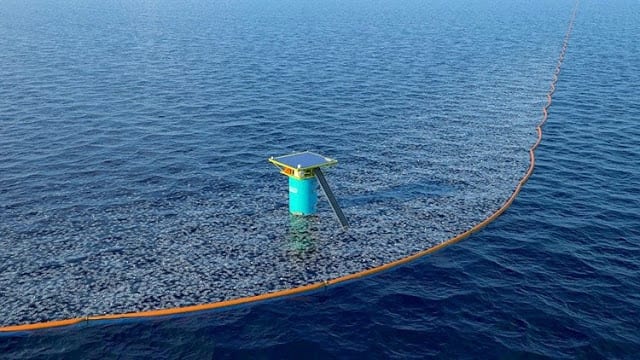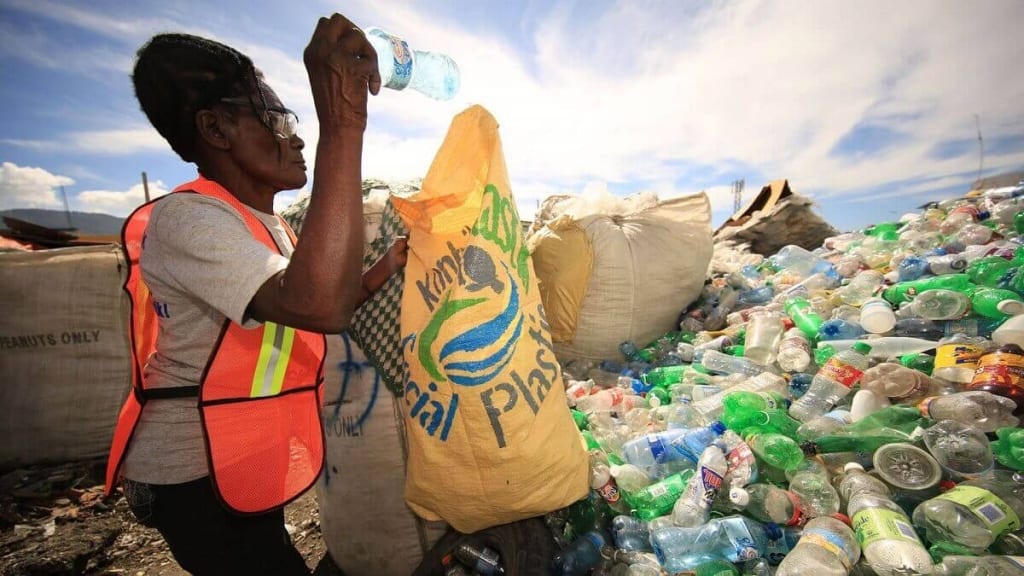In a study by The World Economic Forum, the Ellen MacArthur Foundation and McKinsey and Company, it was found a full 32% of the 78 tons of plastic packaging produced in one year finds its way into earths oceans. This is the equivalent of dumping one garbage truck of plastic into the ocean every minute.
This amounts to $80-$120 billion in material value list per year. By 2050 this could mean more plastic than fish in the world’s oceans.
There are initiatives dedicated to driving innovation like Boyat Slat and the Ocean Cleanup project, but its clear there is also a critical need to stem the flow of plastic into our waterways.

The Plastic Bank is a new venture partnering with SC Johnson, and with IBM’s blockchain, to assign currency value to plastic. This concept of “Social Plastic” could be part of localized solutions to help prevent the flow of plastic waste into earths waterways. Distributed local collection centers would allow people to exchange plastic materials for cash or goods.

In an interview with Canada’s CBC, Co-Creator Shaun Frankson explains, “We’ve proven that there’s a tipping point, and we use the example that if every piece of plastic was worth $5, in North America… you wouldn’t see plastic anywhere. “
The Plastic Bank was founded in Vancouver, BC Canada in 2013 by David Katz and Shaun Frankson. With collection centers now in Brazil, Haiti, and the Philippines, plastic collected by locals can be traded in and certified as ethically sourced “Social Plastic”, and tracked by the blockchain technology. This plastic is then sold to corporate clients to be turned into products.
At solus water, we believe in sustainable solutions for the future of earth’s ecology. Our company mission includes the elimination of as much plastic from the supply chain as possible.
